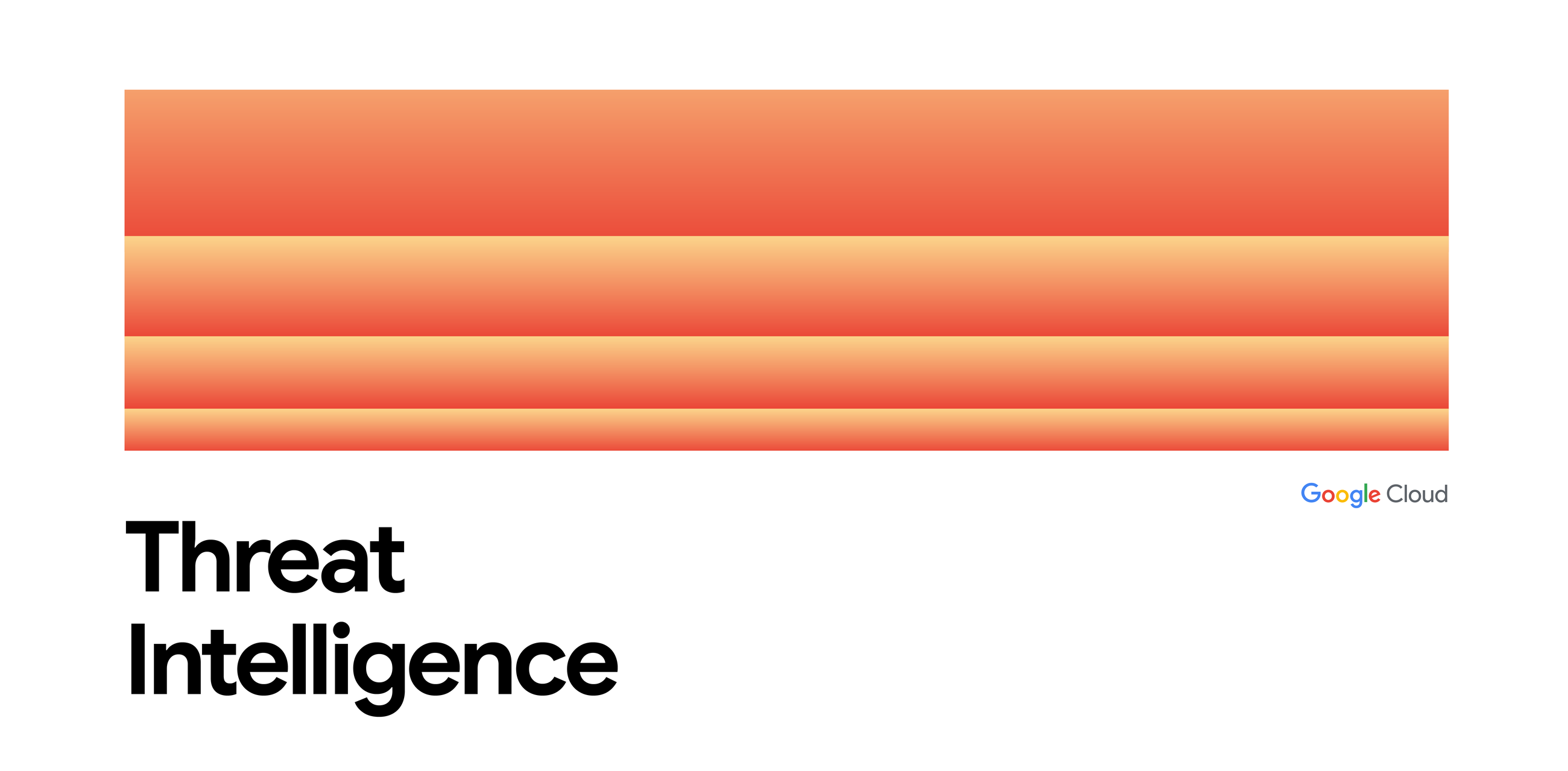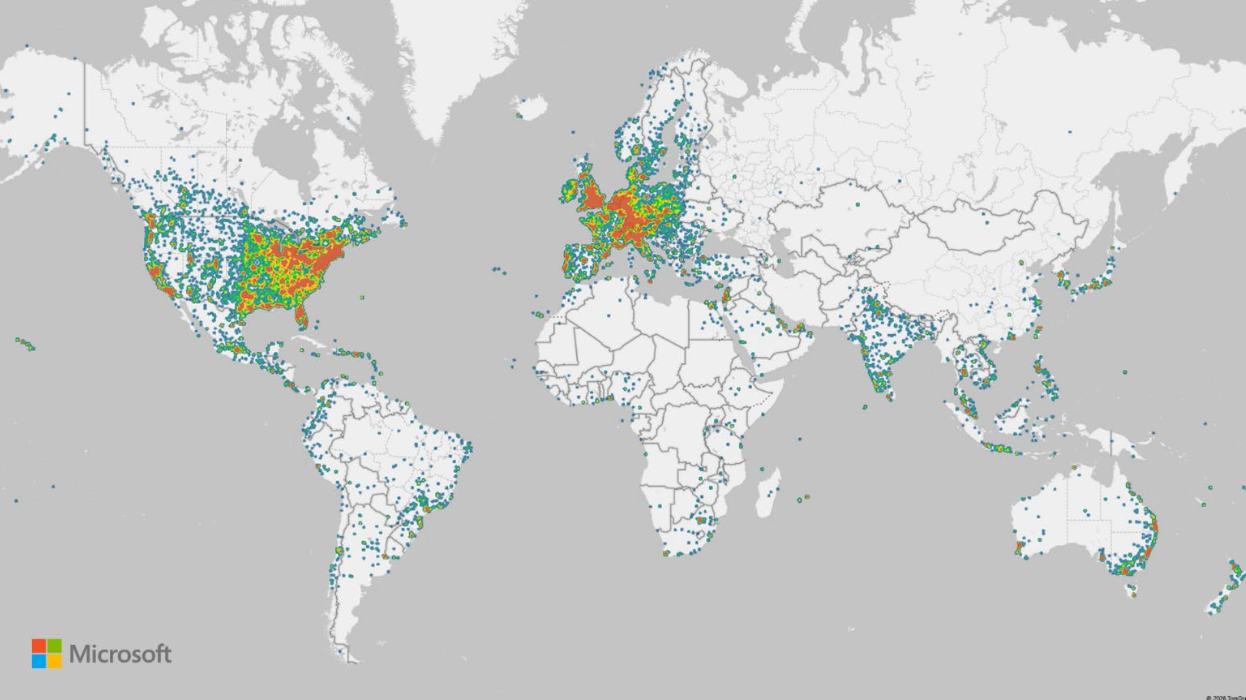Anthropic fixed three vulnerabilities in its Git MCP server that allowed remote code execution via prompt injection. The flaws include a path validation bypass (CVE-2025-68145), an unrestricted git_init issue (CVE-2025-68143), and an argument injection in git_diff (CVE-2025-68144). These could be exploited in combination with the Filesystem MCP server. The vulnerabilities were reported in June and patched by December 2025. Users are advised to update to the latest version to mitigate risks.

































